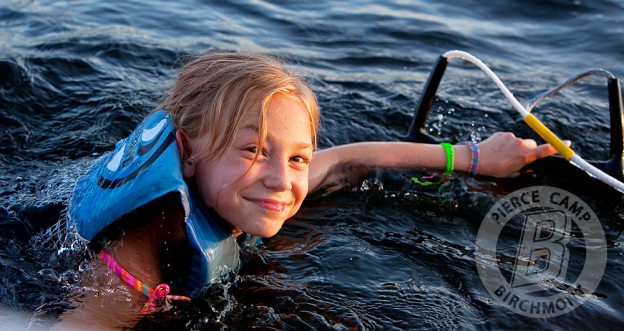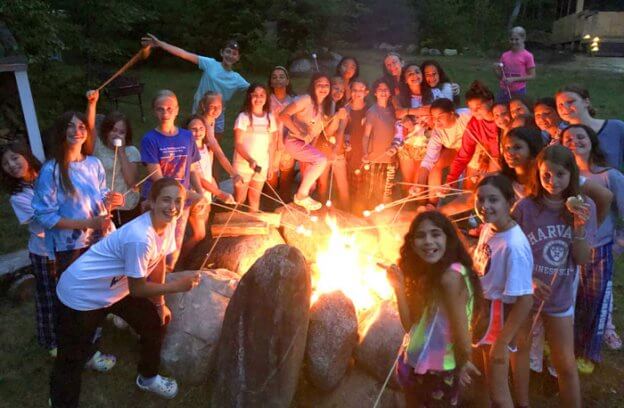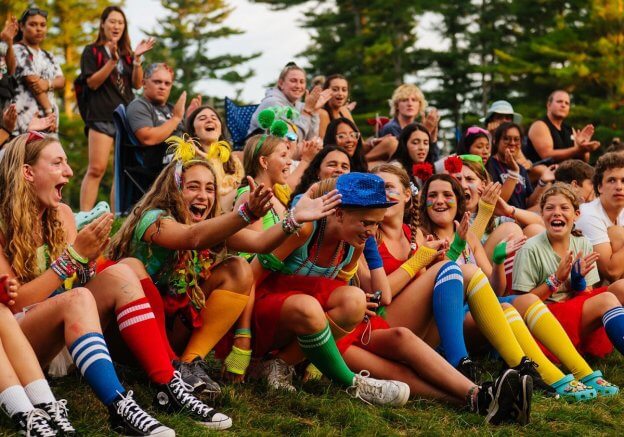It’s common for children to feel anxious or nervous about sleeping away at camp, especially if it’s their first time. Sometimes these feelings or expressions of anxiety don’t crop up until the start of camp draws closer. Here are some things you can do to help alleviate anxiety and prepare your child for the experience:
Talk about it: Discuss the experience with your child beforehand, including what to expect, what they’re looking forward to, and any concerns or fears they may have. Encourage your child to ask questions and express their feelings openly.
Practice separation: Practice separation by arranging sleepovers with family or friends beforehand. This can help your child get used to being away from home and build confidence in their ability to cope with new situations.
Involve your child in the packing process: Involve your child in the packing process, and make sure they have all necessary items and comforts from home, such as a favorite stuffed animal or pillow.
Communication: Let your camper know they can write you letters and that you will be writing to them too. Make sure they know they can always talk with camp staff or the camp director if they ever need anything or are having a hard time. Make sure they knowing that they will have a phone call with you after the first week of camp. Knowing this communication with home is on the horizon will help ease anxiety and get the camper to focus on the camp experience in the first few days of camp instead of focusing on calling home right away or talking to a parent at the first sign of homesickness.
Create a coping strategy: Work with your child to create a coping strategy for managing anxiety, such as deep breathing exercises or visualizing a peaceful place. Encourage your child to use this strategy if they feel overwhelmed or anxious.
Trust the staff: Most importantly, the camp staff is trained to handle a variety of situations and ensure the safety and well-being of campers including normal feelings of anxiety when being away from home for the first time. Trust that they will take care of your child and address any concerns or issues that arise and make sure your child knows they can always approach camp staff to help them too.
Stay positive and encouraging: Remind your child that sleepaway camp will be a fun and exciting experience and that they are capable of handling new situations and challenges. Stay positive and encouraging, and express confidence in their ability to thrive at camp.
Overall, it’s important to be supportive and understanding of your child’s feelings about sleeping away at camp. By preparing them for the experience, and fostering a positive attitude, you can help alleviate anxiety and ensure a positive and rewarding experience for your child.
 Camp Birchmont
Camp Birchmont




